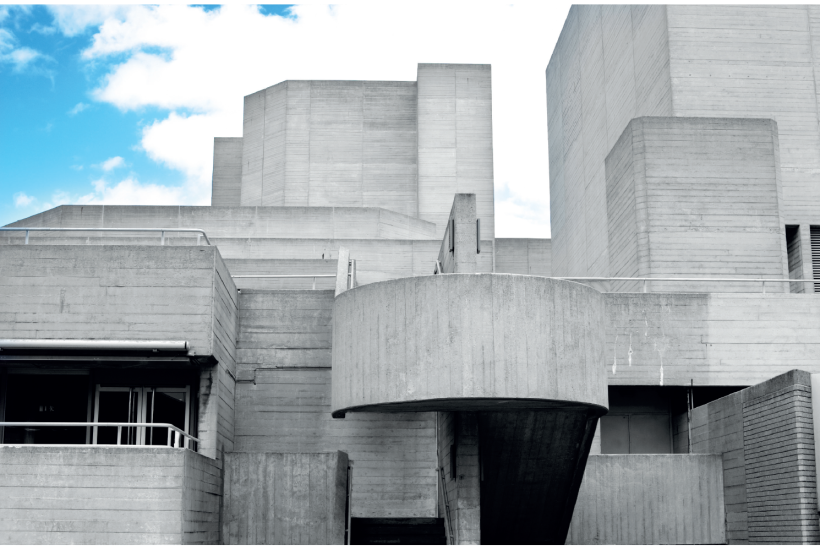The director of the National Theatre will be stepping down in 2025. I’ve written to the chairman offering a new vision for Britain’s leading playhouse.
Dear Sir Damon Buffini, I’m a reviewer of plays and a part-time theatre producer. In the past 20 years I’ve seen more than 2,000 shows, hundreds of them at your venue, and here is my plan to transform the NT.
Already a subscriber? Log in
Subscribe for just $2 a week
Try a month of The Spectator Australia absolutely free and without commitment. Not only that but – if you choose to continue – you’ll pay just $2 a week for your first year.
- Unlimited access to spectator.com.au and app
- The weekly edition on the Spectator Australia app
- Spectator podcasts and newsletters
- Full access to spectator.co.uk
Or
Unlock this article
You might disagree with half of it, but you’ll enjoy reading all of it. Try your first month for free, then just $2 a week for the remainder of your first year.








Comments
Don't miss out
Join the conversation with other Spectator Australia readers. Subscribe to leave a comment.
SUBSCRIBEAlready a subscriber? Log in